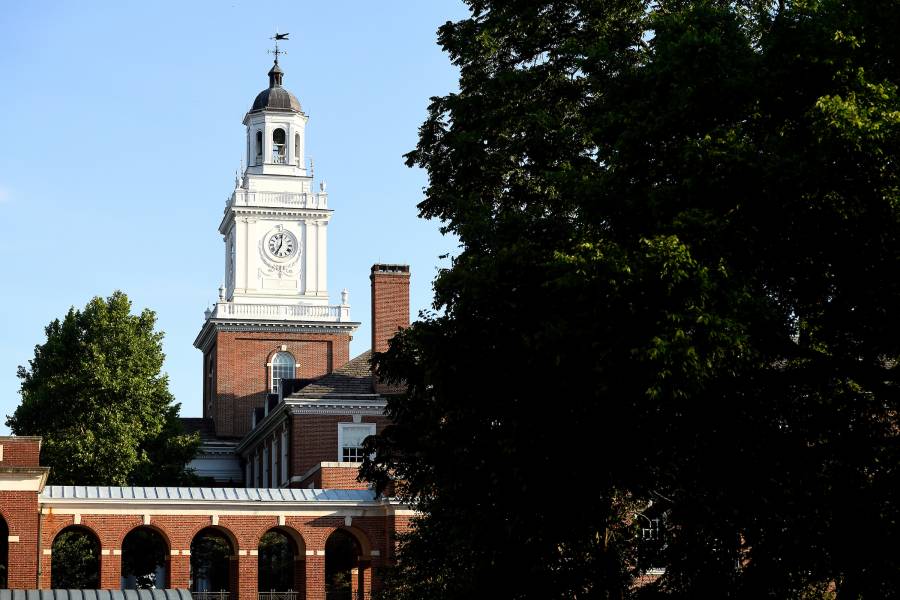Johns Hopkins reopening expands to include non-lab research
Johns Hopkins researchers who need specific computing equipment, book collections, access to sensitive data, or other resources they can’t get at home can now request to resume working on campus under a modification of the university’s Return to Research Guidelines that governed the carefully planned and pre-approved lab-based research reopening in mid-June.
The university continues to operate in Phase 1 of its reopening plan with limited access to on-campus facilities. But this expansion allows non-lab researchers, including humanists, social scientists, and computational researchers, to submit a plan for on-campus work that cannot be done remotely. All plans must be approved by their division’s vice dean of research, and most often must involve working in a private office, although special exceptions may allow the use of other workspaces that meet the current campus density requirements.
“University leaders appreciate the significant work our research community, and all of our faculty, staff, students, and trainees are doing from remote locations under all kinds of circumstances,” said Denis Wirtz, vice provost for research, in a message to the university community. “You are ensuring our academic and scholarly mission continues while protecting your colleagues by keeping the density low on our campuses. This modification of the guidelines recognizes that some research activities do not need a lab, but still cannot be done effectively without access to a campus workspace.”
The updated guidance also specifies that researchers are allowed to use their individual offices in conjunction with already-approved lab activities, for example to be nearby to supervise safety procedures or to best use their time between experiments. The original guidelines did not make that allowance clear.
Faculty and student researchers must outline the rationale for being on campus and specific days and times in consultation with their department chairs. Permissible reasons are outlined in the updated Return to Research Guidelines. Safety procedures outlined in the Return to Campus Guidelines for Phase 1, such as required face coverings and physical distancing, will remain in effect.
It is still the case, Wirtz said, that “any and all research work that can be accomplished at home via telework should continue to be done at home, and people should only be on campus for the time periods necessary to accomplish required on-campus work.”
He added: “It is only with your help and adherence to good public health strategies that we can effectively continue our work while keeping our community’s health at the forefront.”

